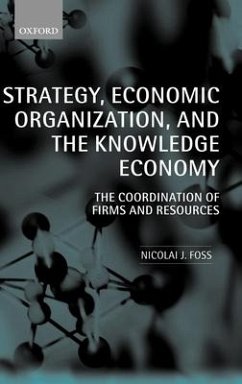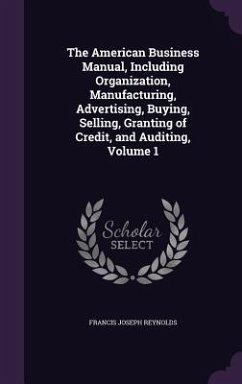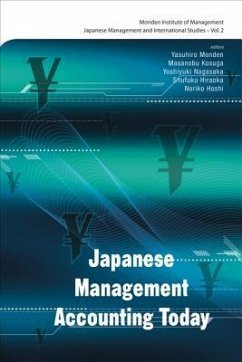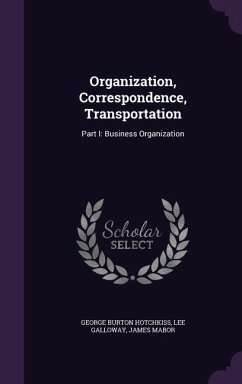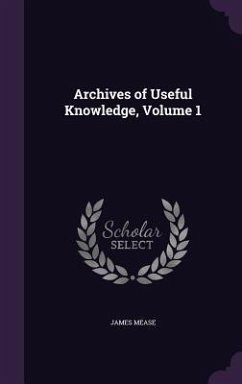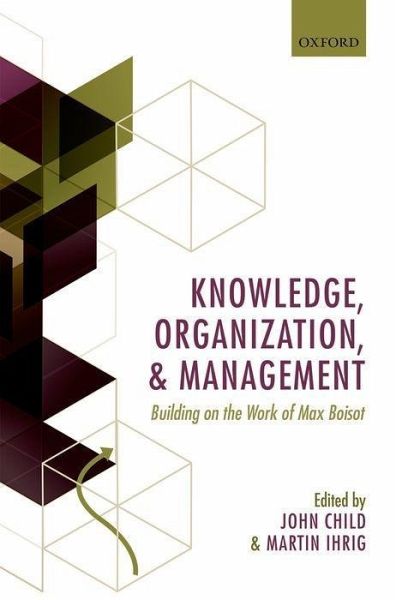
Knowledge, Organization, and Management
Building on the Work of Max Boisot
Herausgeber: Child, John; Ihrig, Martin
Versandkostenfrei!
Versandfertig in über 4 Wochen
138,99 €
inkl. MwSt.

PAYBACK Punkte
69 °P sammeln!
The book presents and reviews the ideas of Max Boisot, one of the most original thinkers in organization theory over the last 30 years. It includes Boisot's seminal works on knowledge, information, and organization, as well as commentaries and reflections by his collaborators.



